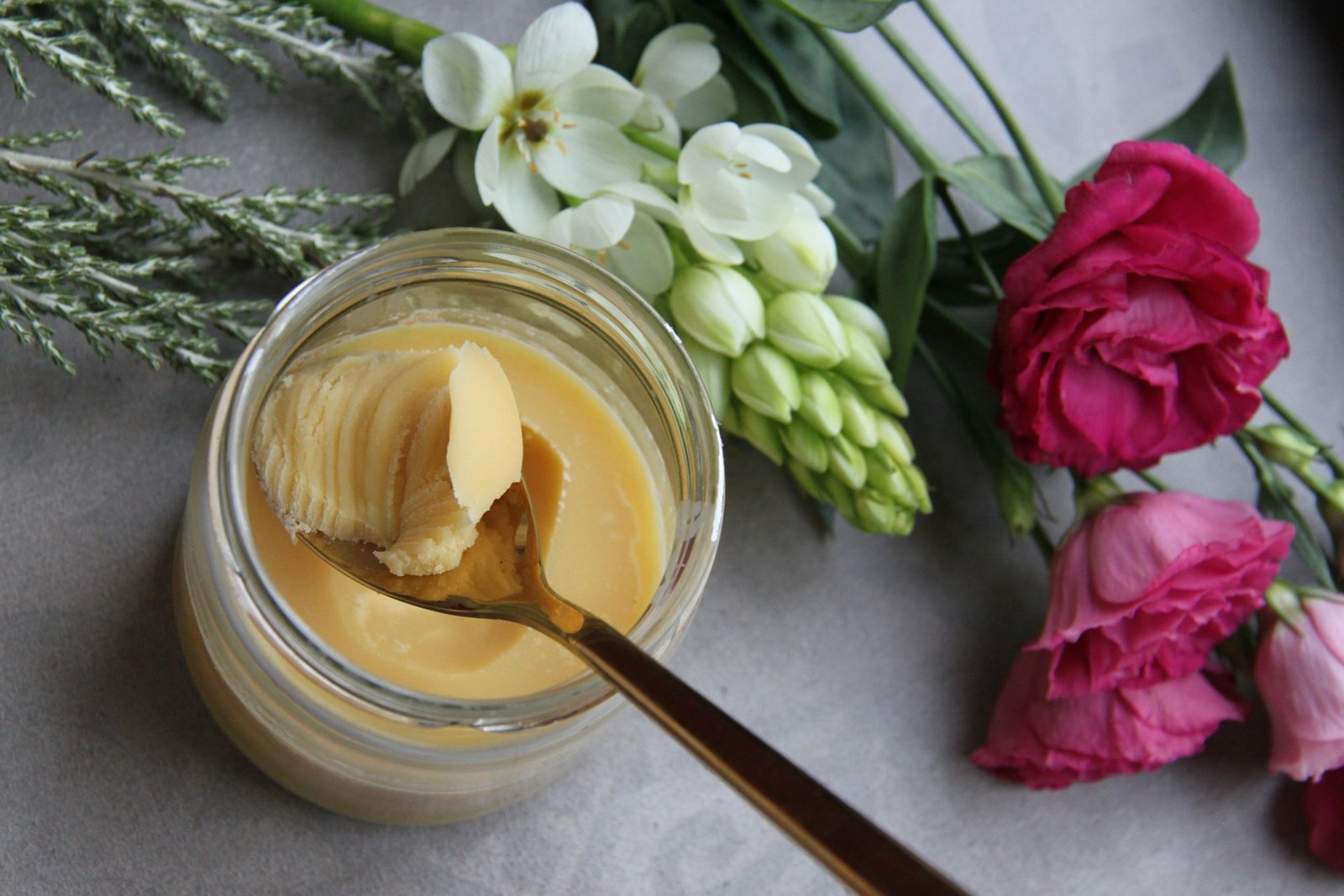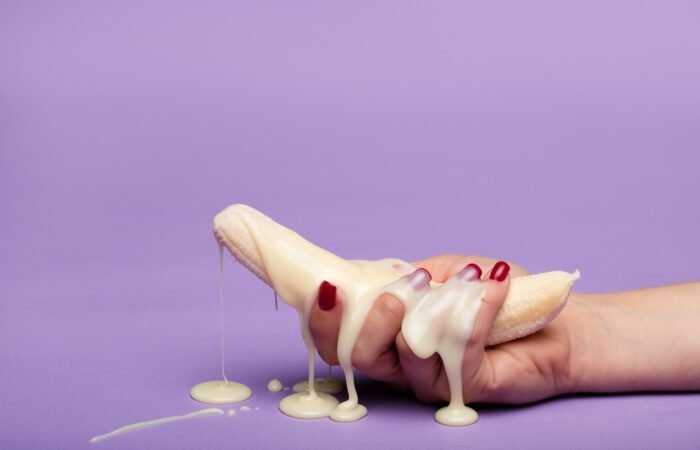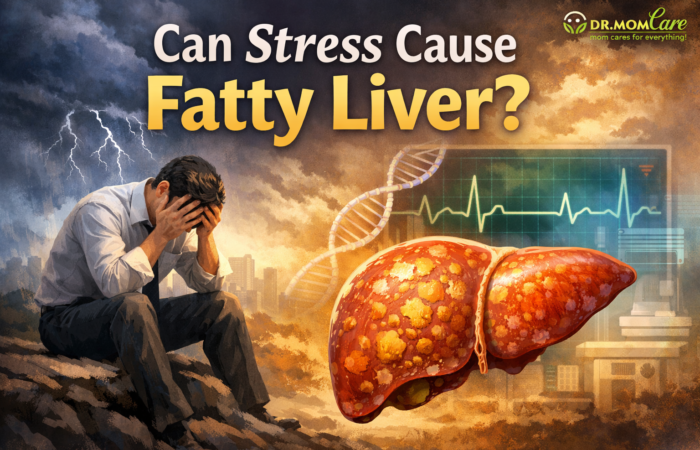
Ghee—India’s ancient superfood—has found a new place in modern kitchens around the world. From bulletproof coffees to Ayurvedic remedies, it’s praised for its flavor, stability, and potential health benefits. But if you’re one of the many people concerned about fatty liver disease, you might wonder:
Is ghee good for fatty liver, or is it adding to the problem?
Let’s unpack the science, the myths, and the wisdom behind this golden fat.
First, A Quick Recap: What Is Fatty Liver?
Fatty liver, medically known as hepatic steatosis, occurs when fat accumulates in liver cells. There are two major forms:
- Alcoholic Fatty Liver Disease (AFLD) – Caused by excessive alcohol consumption.
- Non-Alcoholic Fatty Liver Disease (NAFLD) – Often tied to obesity, insulin resistance, poor diet, and a sedentary lifestyle.
While the name sounds harmless, fatty liver can progress to inflammation (steatohepatitis), scarring (fibrosis), and even cirrhosis if not addressed early. The good news? It’s reversible through diet and lifestyle—and that’s where ghee enters the conversation.
Ghee: A Nutritional Overview
Ghee is a type of clarified butter, rich in:
- Healthy saturated fats
- Medium-chain fatty acids (like butyrate)
- Fat-soluble vitamins (A, D, E, and K)
- Omega-3 fatty acids (in grass-fed ghee)
Unlike processed oils or margarine, ghee is free from hydrogenated trans fats and is highly stable for cooking, even at high temperatures.
Is Ghee Good for Fatty Liver? Let’s Explore the Science
1. Ghee Contains Butyrate – A Liver-Friendly Fatty Acid
One of ghee’s star nutrients is butyrate, a short-chain fatty acid known to reduce inflammation in the gut and liver. Emerging studies suggest that butyrate may improve insulin sensitivity, support gut health, and lower inflammation—all of which are beneficial in managing fatty liver.
2. Supports Gut-Liver Axis
The gut and liver are closely linked. A compromised gut (from poor diet or antibiotics) can lead to increased toxins reaching the liver, exacerbating fatty liver disease. Ghee, especially when used moderately, supports gut lining integrity and feeds beneficial gut bacteria, creating a healthier gut-liver connection.
3. Better than Refined Oils
When compared to industrial seed oils (like sunflower, corn, or soybean oil), ghee is more natural, stable, and less inflammatory. Seed oils high in omega-6 fatty acids can promote inflammation when consumed excessively. Ghee, when used wisely, avoids this issue.
4. Aids in Nutrient Absorption
Ghee is a great carrier for fat-soluble vitamins (A, D, E, K), which play key roles in liver function, immune regulation, and cellular repair. In fatty liver conditions, fat metabolism is already impaired—so helping the body absorb these vitamins through ghee can be beneficial.
But… What About the Saturated Fat?
Here lies the biggest concern. Ghee is high in saturated fat, and excess intake of saturated fats is often linked with liver fat buildup and cardiovascular risk. But here’s the nuance:
- Not all saturated fats behave the same.
- The type of saturated fat in ghee (especially grass-fed ghee) is different from that in processed meats or hydrogenated fats.
- Recent studies suggest that moderate saturated fat intake from natural sources like ghee may not be harmful, especially when balanced with fruits, vegetables, and whole grains.
The Verdict?
Moderation is key. A teaspoon or two per day of ghee, especially within a balanced diet, is unlikely to harm the liver—and may even support healing. But large quantities, particularly in fried foods or high-calorie meals, can contribute to calorie overload and weight gain, both of which aggravate fatty liver.
Best Practices: How to Use Ghee for Fatty Liver
- Stick to 1–2 teaspoons per day.
- Use ghee to cook vegetables, dal, or sauté spices instead of deep-frying.
- Avoid combining ghee with sugar-heavy or refined-carb meals, which spike insulin and promote fat storage.
- Choose grass-fed, organic ghee for maximum nutrient benefit.
When to Avoid or Limit Ghee
- If you have advanced liver disease, consult your doctor before making any dietary changes.
- Those with high LDL cholesterol or triglycerides should monitor their saturated fat intake and get regular lipid profiles.
- Avoid ghee made from adulterated or low-quality butter—purity matters.
Final Verdict: Is Ghee Good for Fatty Liver?
Yes, ghee can be good for fatty liver—but only when used thoughtfully and in moderation.
Its anti-inflammatory compounds, gut-friendly fats, and vitamin-rich profile make it a smarter choice than many refined oils. But like all fats, it’s calorie-dense and should be balanced within a wholesome, nutrient-dense diet.
When it comes to fatty liver, it’s not about avoiding fats entirely—it’s about choosing the right kind of fat, in the right amount, at the right time. And on that front, ghee earns its golden reputation.
Tags:
Subscribe To Get Update Latest Blog Post
No Credit Card Required









Leave Your Comment: